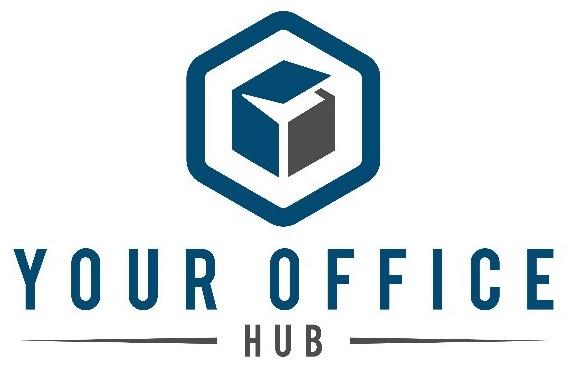Blockchain technology, often synonymous with cryptocurrencies like Bitcoin, is a groundbreaking innovation that has capabilities extending far beyond the confines of digital currency. This decentralized digital ledger technology is reshaping various sectors by offering transparency, security, and efficiency. In this blog, we delve into the diverse applications of blockchain technology across different industries, showcasing its potential to revolutionize traditional business models and operational systems.
Health Care: Enhancing Security and Efficiency
In the healthcare industry, blockchain can transform how medical records are stored and shared. By creating a secure, immutable ledger of patient data, blockchain technology ensures that medical records are kept confidential, accurate, and accessible only by authorized personnel. This capability not only protects patient privacy but also improves the accuracy of medical diagnoses by providing doctors with reliable, tamper-proof medical histories.
Supply Chain Management: Increasing Transparency and Traceability
Blockchain technology revolutionizes supply chain management by enhancing transparency and accountability at each stage of the supply chain. By recording every transaction on a decentralized ledger, all parties involved—from suppliers to consumers—can trace the journey of a product in real-time. This not only helps in verifying the authenticity of the product but also enhances efficiency by identifying bottlenecks and reducing fraud.
Real Estate: Simplifying Transactions
The real estate sector benefits from blockchain through streamlined property transactions, title management, and record-keeping. By using blockchain, the process of buying and selling property can be simplified with smart contracts that automatically execute transactions when certain conditions are met. This reduces the need for intermediaries such as lawyers and real estate agents, thereby lowering transaction costs and increasing speed.
Intellectual Property: Protecting Rights and Royalties
For artists, musicians, and authors, blockchain provides an effective way to manage intellectual property rights and ensure that creators are compensated for their work. Blockchain can be used to create unalterable digital records of ownership and licensing agreements, making it easier to enforce copyright laws and distribute royalties fairly.
Voting Systems: Ensuring Integrity and Security
Blockchain technology can also be applied to improve the integrity and security of voting systems. By creating an immutable and transparent ledger of votes, blockchain can help prevent fraud and manipulation during elections. Voters can verify that their votes were counted without revealing their identity, promoting both transparency and voter privacy.
Conclusion
The potential applications of blockchain technology are vast and varied, extending far beyond the realm of cryptocurrency. By offering enhanced security, transparency, and efficiency, blockchain is poised to transform numerous industries, making operations more streamlined and secure. As this technology continues to evolve, it will likely unlock even more innovative applications that can address some of the most pressing challenges in today’s digital and globalized world.
For businesses looking to integrate blockchain technology into their operations, ensuring that your digital infrastructure is secure and efficient is crucial. Visit YourOfficeHub.com to explore genuine Microsoft licenses and products that can help you build a robust IT environment capable of supporting advanced technologies like blockchain. Equip your business today to leverage the full potential of blockchain technology and stay ahead in the digital revolution.

